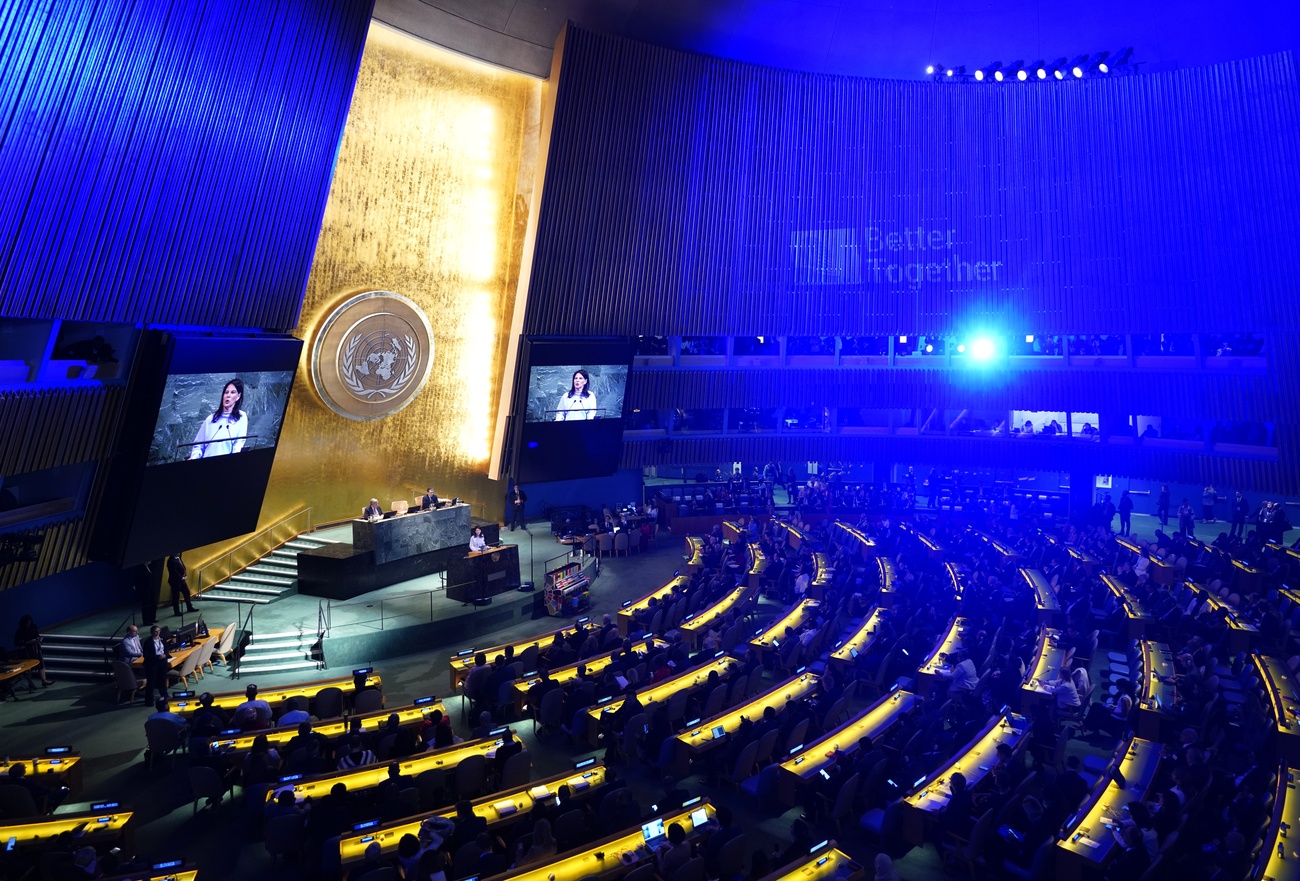
Durban climate talks yield “little progress”
Countries attending the United Nations Climate Change Conference in Durban have hardened their positions, the Swiss government said on Friday.
A week into the two-week conference, little progress has been made on reaching an agreement to extend the Kyoto Protocol, which limits greenhouse gas emissions for 36 industrialised countries, and the development of legally binding obligations for the rest of the world to cut emissions.
Franz Perrez, head of the Swiss delegation to the conference, said on Friday that as yet there was no common ground among industrialised countries, the United States, emerging and developing countries.
Perrez said negotiations had been difficult and “positions had become entrenched” since the preparatory conference held in Panama in the autumn.
Switzerland’s position is that a continuation of the Kyoto Protocol must include large industrialised countries such as the US, Brazil, China and India.
Environment Minister Doris Leuthard will attend the conference for bilateral meetings on December 7-8.

In compliance with the JTI standards
More: SWI swissinfo.ch certified by the Journalism Trust Initiative
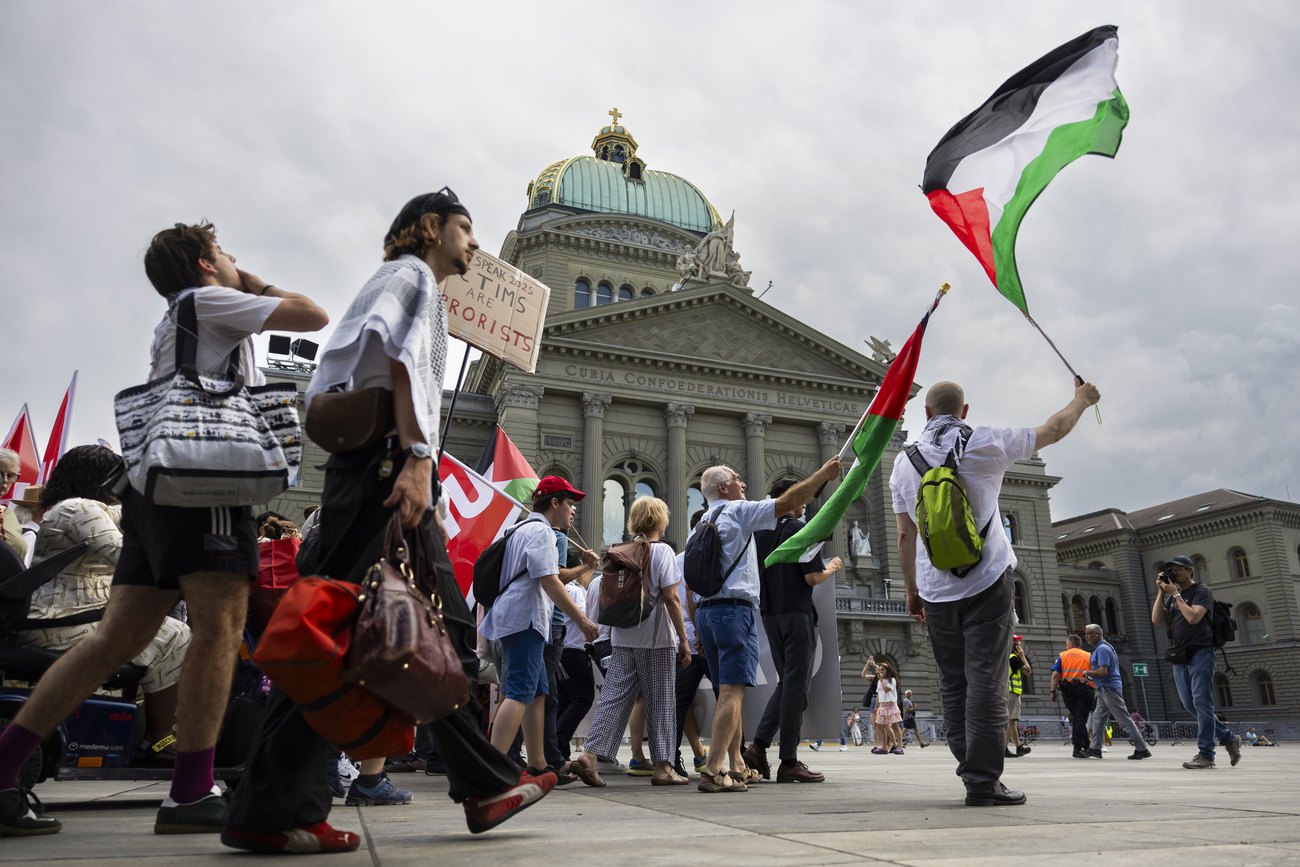
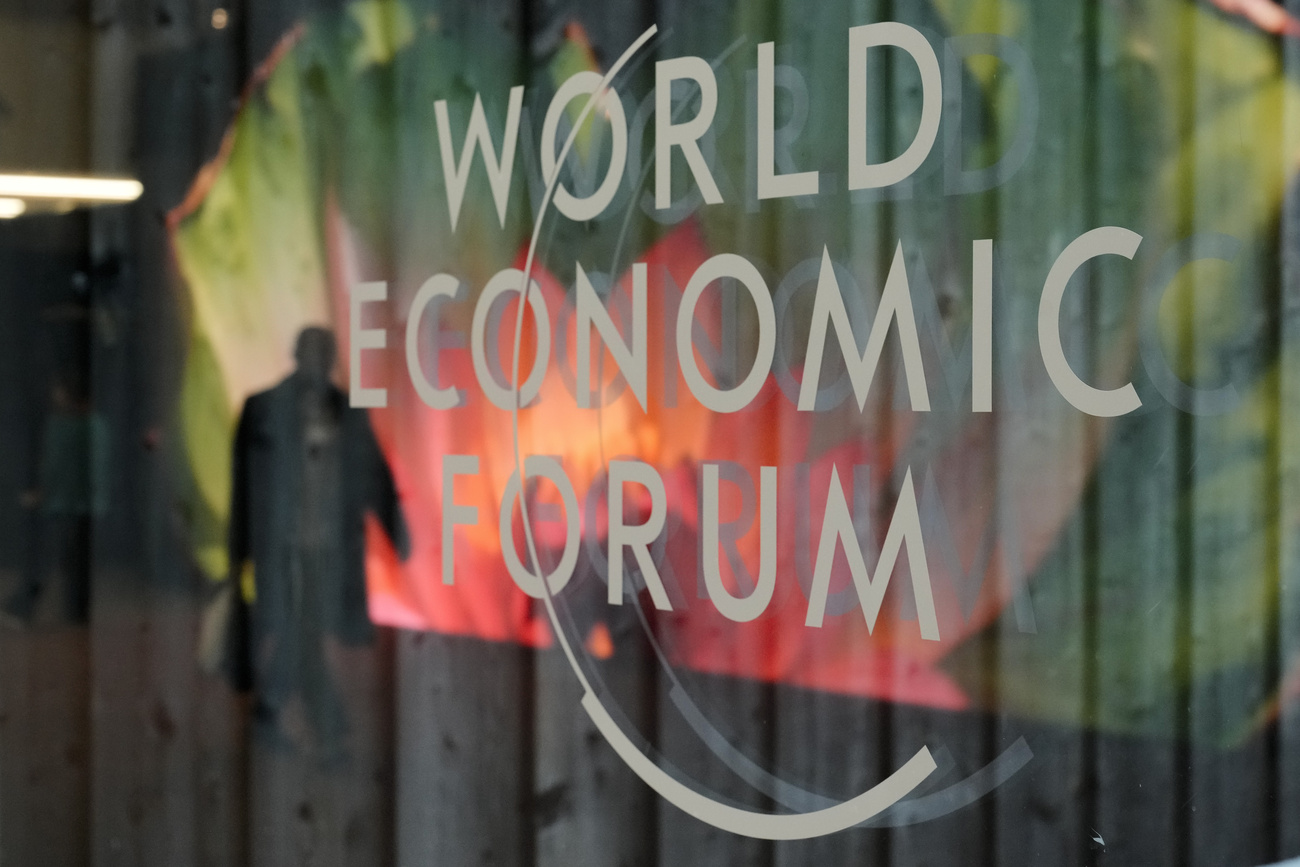
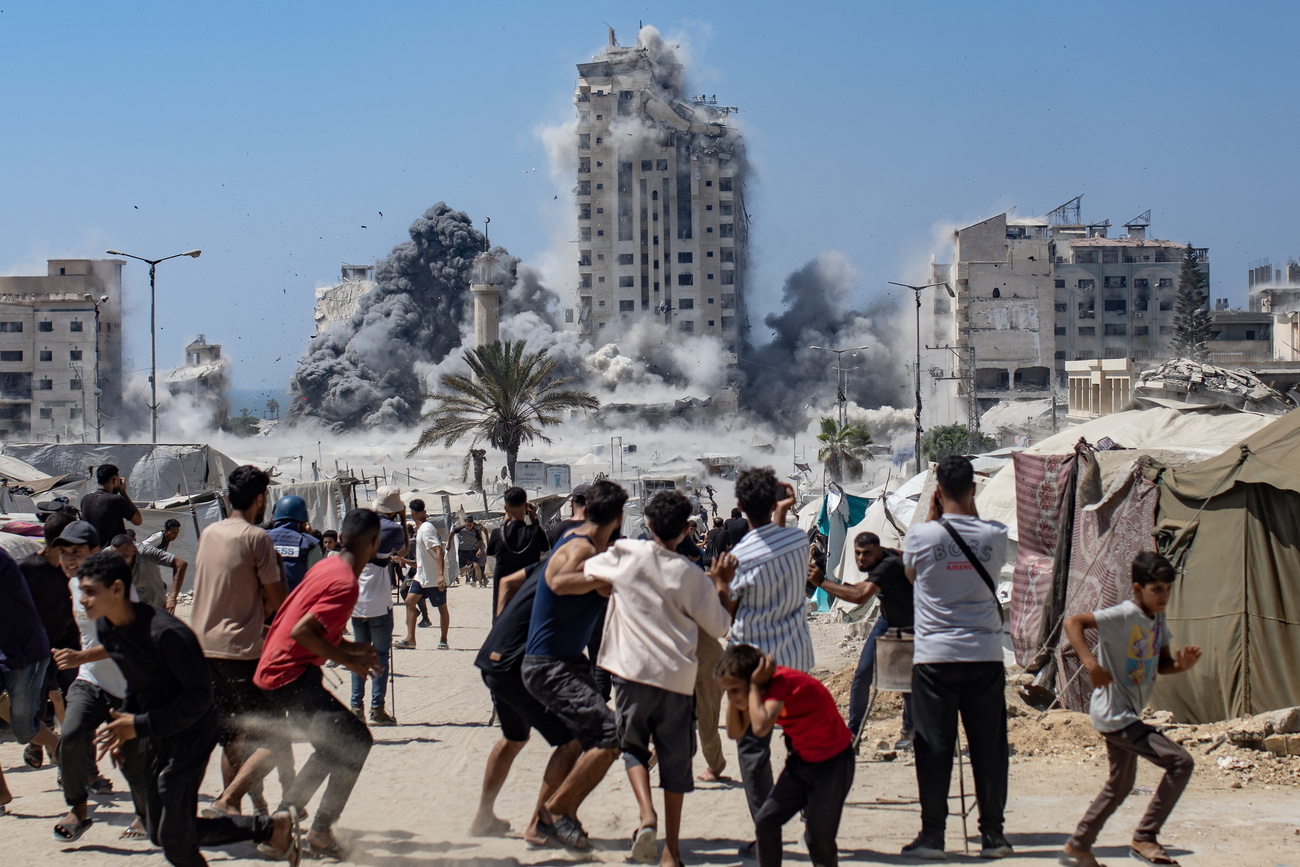





















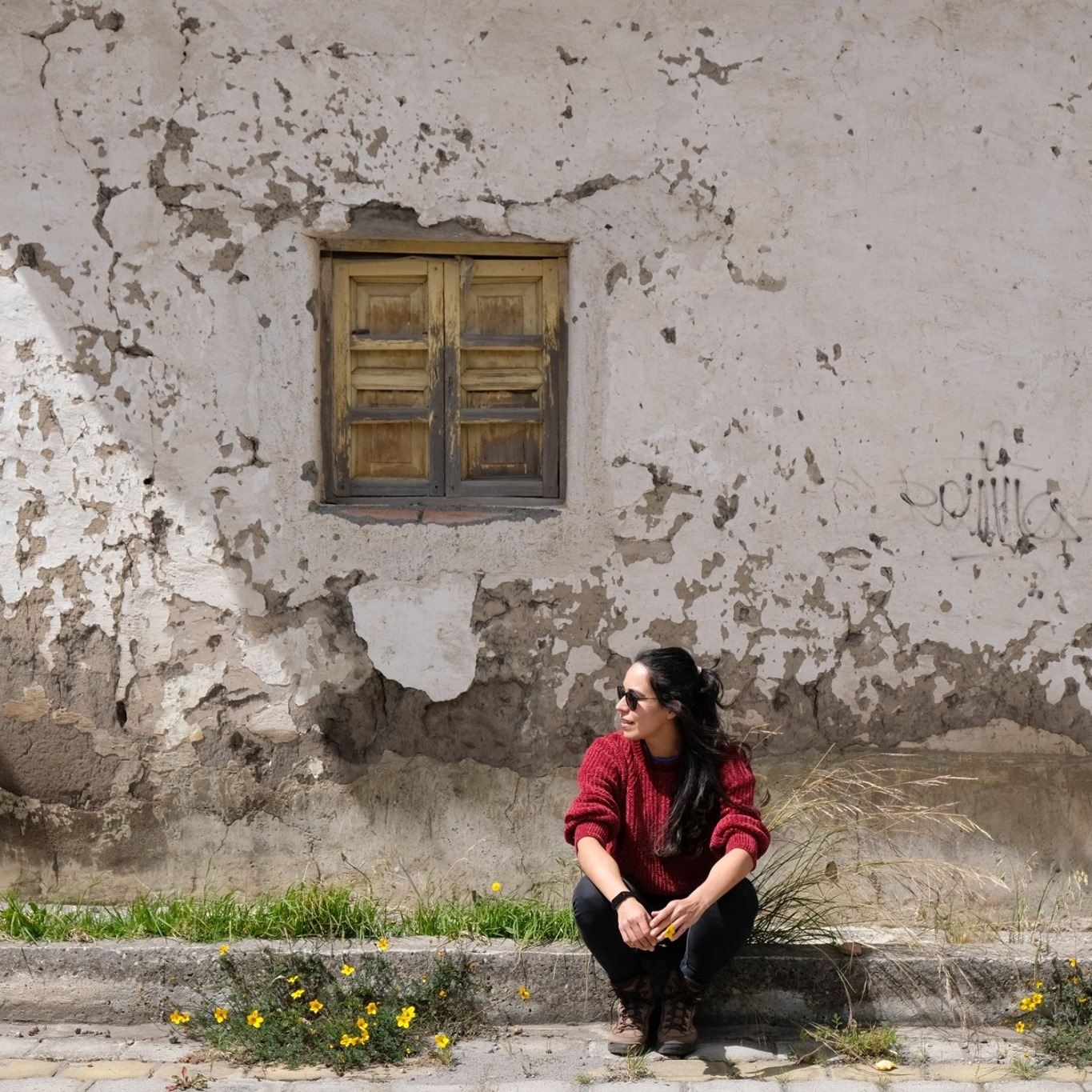

You can find an overview of ongoing debates with our journalists here . Please join us!
If you want to start a conversation about a topic raised in this article or want to report factual errors, email us at english@swissinfo.ch.